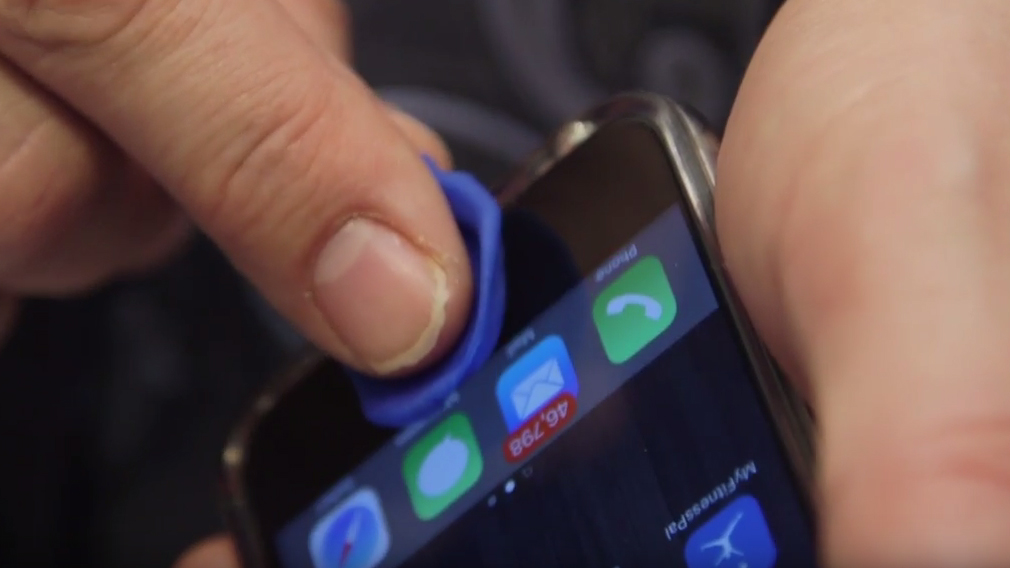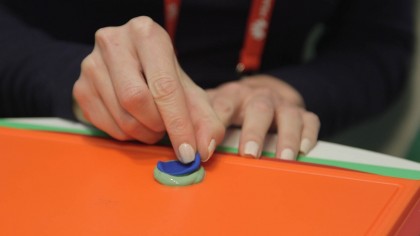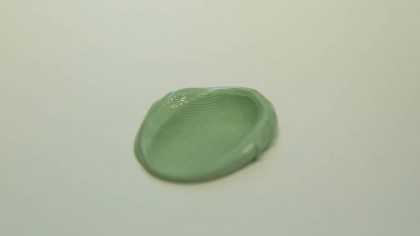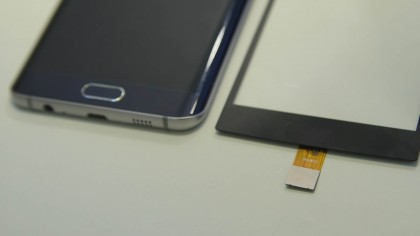Watch Touch ID get fooled with some Play-Doh
Sensitive sensors shown off

Fingerprint technology has revolutionised how we secure our phones but, as techradar found out at MWC 2016, the technology can be spoofed with some clay and a a pot of Play-Doh.
In a demonstration, mobile security company Vkansee took an imprint of our thumb in some dental clay, gave it a few minutes to dry, and then used some Play-Doh to 'capture' the print. The iPhone we were using was then unlocked - after a few goes, it has to be said - with the plasticine print.

Vkansee wasn't just doing this for fun - its CEO, Jason Chaikin, wanted to prove a point about how current fingerprint sensors aren't high-res enough to capture the fingerprint details needed to make a phone even more secure.
4x the charm
"iPhones and other smartphones currently capture 500dpi of image resolution, but our optical fingerprint sensor managed to take images at 2000dpi resolution," explained Chaikin.

Capturing four times the resolution - as the VK2108 sensor does - means that the sensor can better read fingerprint ridges and even things like sweat pores, offering up a more secure service.
Vkansee's chip is currently in pre-production but as you can see from our video, it's an impressive bit of technology. It even works when the finger is wet, as the sensor goes under the cover glass, something that is a big no-no for fingerprint technology at the moment.

Vkansee couldn't confirm which manufacturers have signed up to offer the sensor in their devices, but expect phones with this technology to hit shops sometime in 2017.
Sign up for breaking news, reviews, opinion, top tech deals, and more.
Should you be worried?
The big question here is: should you be worried that your phone can be hacked if you have Touch ID? We would have to say 'no'. The process of having to put the right finger you use to unlock your phone in dental mold, and wait for five minutes for it to dry, means that it is highly unlikely this is a way your phone will be spoofed.
But it does highlight that the technology used at the moment can be improved.
- MWC 2016: All the news from the mobile event of the year.

Marc Chacksfield is the Editor In Chief, Shortlist.com at DC Thomson. He started out life as a movie writer for numerous (now defunct) magazines and soon found himself online - editing a gaggle of gadget sites, including TechRadar, Digital Camera World and Tom's Guide UK. At Shortlist you'll find him mostly writing about movies and tech, so no change there then.